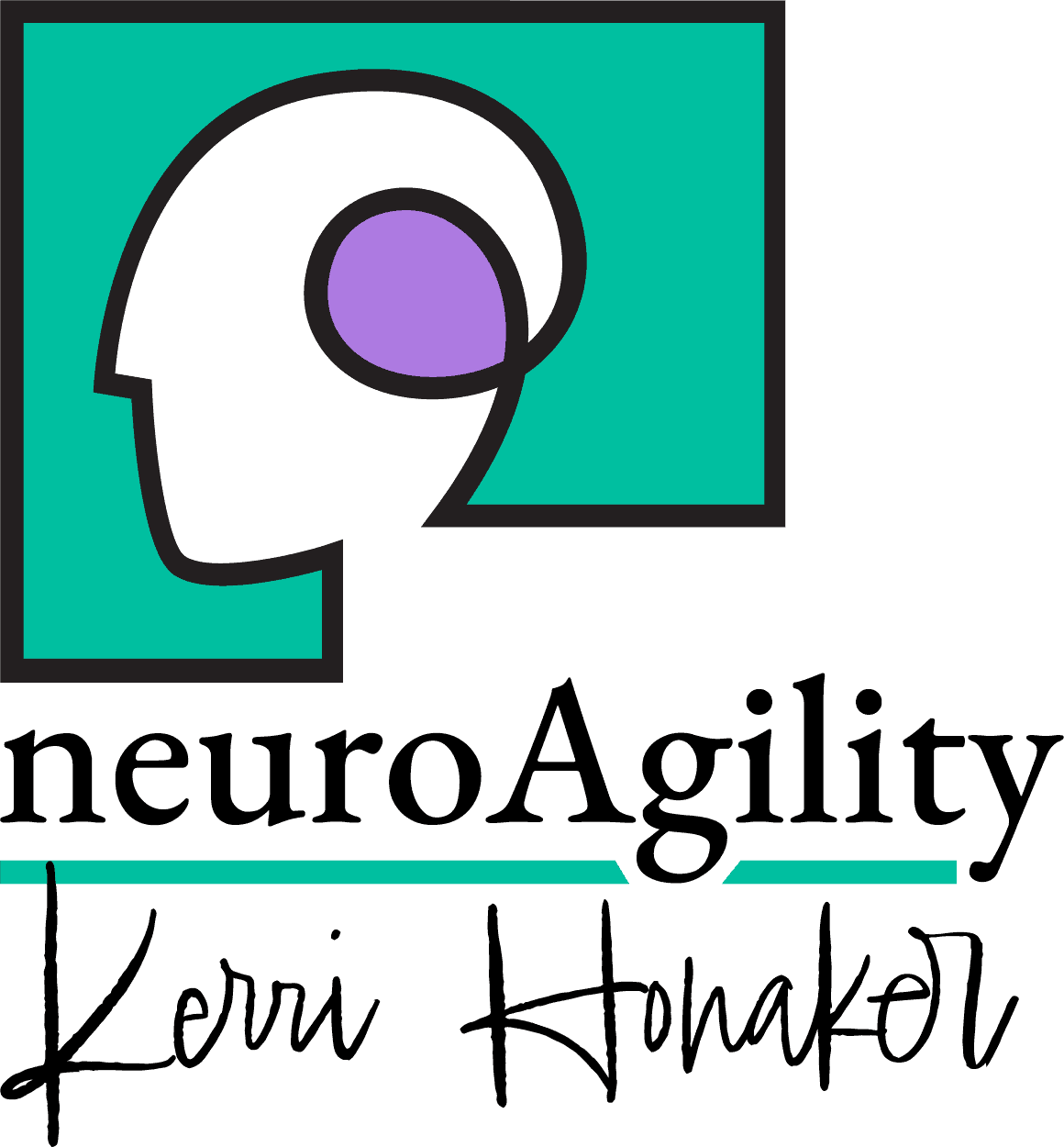Neurofeedback News
-
The Neuroscience of Choking Under Pressure
Everyone gets nervous; not everyone chokes. Why does it only happen to some athletes, performers, and students? It is a psychological phenomenon that losses make us feel bad more than gains make us feel good, thus inhibiting skill and performance. Read more in this New Yorker Article.
-
Study: Women, Teens Take Longer to Recover From Concussions
Read the study here that finds female and youth athletes require more time to recover from concussions than men. “…the studies could help parents, coaches, trainers and doctors determine how long a concussed athlete should be sidelined.”
-
How Exercise Benefits the Brain
Once again, just a reminder that exercise is so helpful to a healthy brain. Read this article in the New York Times about new research which suggests that surges in a brain protein after exercise may play a particular role in improving memory and recall. Another New York Times Article about how exercise could lead…
-
Rewiring the Brain to Ease Pain
This overview article on pain provides an interesting perspective. Read the Wall Street Journal article which addresses how you think about pain can have a major impact on how it feels.
-
The Importance of Sleep
·
Sleep is key to proper brain function. Elements such mood, perspective, energy, alertness, and internal recovery are influenced directly by our sleep habits. On the whole, we are a sleep-starved nation: over fatigued and paying the price. Read more about sleep and the benefits of napping in Take a Nap! Change Your Life, a new…
-
How the human brain works
Found an interesting and useful interactive graphic on how the brain works: See the graphic here
-
TED Talk: 5 ways to listen better
A particularly relevant talk. View this video clip which shares five ways to re-tune your ears for conscious listening – to other people and the world around you.
-
Don’t Get Behind the Eight Ball With Your Child’s Report Card
With summer ending and the holiday season quickly approaching, parents will receive something from their children even before holiday gifts are exchanged: their child’s report card.
-
Train The Brain: Using Neurofeedback To Treat ADHD
Katherine Ellison’s son was 12 when he was diagnosed with attention deficit hyperactivity disorder, or ADHD. “He was getting into fights. He wasn’t doing his homework. He was being very difficult with his little brother. And he was just melting down day after day,” Ellison says. “So I decided to devote a year to trying…
-
Growing Up Digital, Wired for Distraction
By MATT RICHTEL Published: November 21, 2010 The constant stream of stimuli offered by new technology poses a profound new challenge to focusing and learning. Read the full article here on the NY Times website
